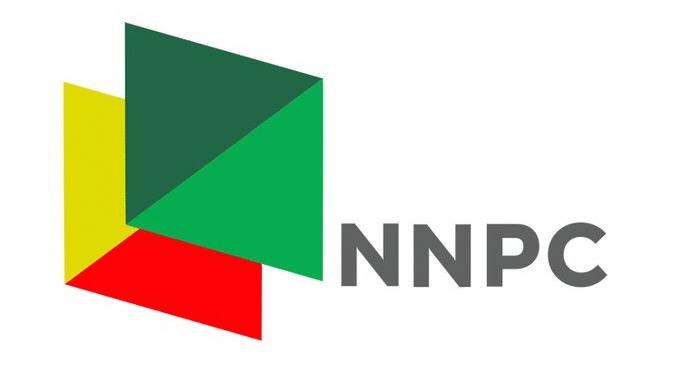The Nigerian National Petroleum Company Limited (NNPCL) has warned that Nigeria’s energy security and revenue streams are under severe threat following the recent three-day strike by the Petroleum and Natural Gas Senior Staff Association of Nigeria (PENGASSAN).
In a letter to the Nigerian Midstream and Downstream Petroleum Regulatory Authority and the Nigerian Upstream Petroleum Regulatory Commission, Group Chief Executive Officer of NNPCL, Bashir Ojulari, disclosed that the industrial action disrupted crude oil and gas production, leading to massive financial and energy losses. Copies of the letter were also sent to the National Security Adviser and the Director-General of the Department of State Services.

According to Ojulari, the strike — triggered by a dispute between PENGASSAN and the Dangote Refinery — forced the shutdown of major oil terminals, gas plants, and power facilities. Within the first 24 hours, production deferments reached 283,000 barrels of oil per day, 1.7 billion standard cubic feet of gas, and over 1,200 megawatts of power, representing 16% of national oil production, 30% of marketed gas, and 20% of power supply.
“This situation poses a material threat to national energy security,” Ojulari warned, noting that prolonged disruptions could intensify the impacts and worsen Nigeria’s fragile economic outlook.
He added that at least five critical maintenance projects — including the USAN turnaround, AKPO GT-3 pigging, and compressor servicing — were stalled, with knock-on effects expected in subsequent months. Export operations also suffered delays, with the Brass Terminal already incurring demurrage costs after documentation was stalled during a crude loading process.
Meanwhile, PENGASSAN suspended its nationwide strike on Wednesday after federal government mediation, but warned that the truce was temporary and could be lifted if agreements were breached.
Union president Festus Osifo told journalists in Abuja that the action was not about check-off dues, as speculated, but about protecting workers’ rights, welfare, and freedom of association.

“Dangote does not respect the rules of engagement. We don’t believe he will keep to the agreement, but out of respect for institutions and the government, we decided to suspend the strike. If any part of this communique is violated, we will immediately resume our action without notice,” Osifo said.
He dismissed suggestions that the strike could harm Dangote’s $20bn refinery investment, insisting that multinational oil giants with far bigger investments had operated with unionised staff for decades.
“This is not about destroying investments; it is about fairness and justice for workers who voluntarily joined PENGASSAN to improve their welfare,” he stated.
The dispute, which arose from PENGASSAN’s claims of mass transfers and sackings of union members at the refinery, remains unresolved. The union accused the refinery of replacing Nigerians with foreign nationals, an allegation Dangote’s management denied, citing operational restructuring.
Although the Federal Government has brokered a temporary settlement, PENGASSAN has vowed to closely monitor compliance, stressing that its patience should not be mistaken for weakness.









